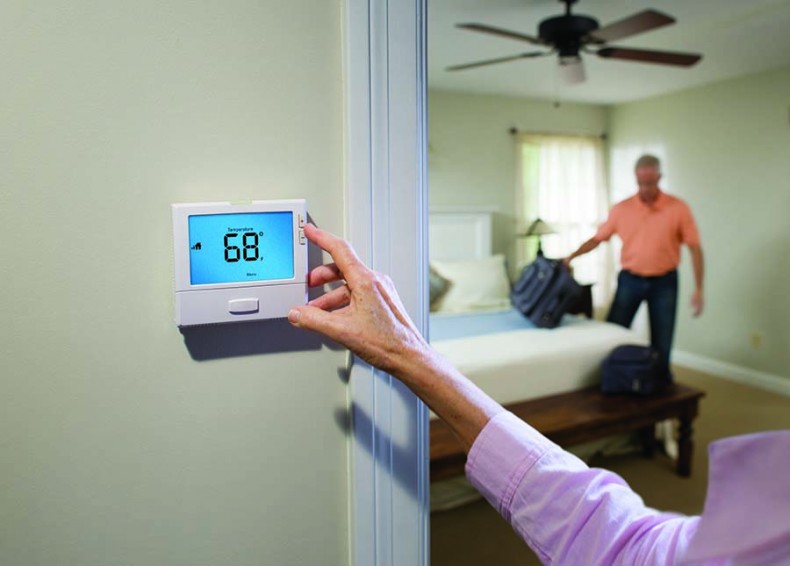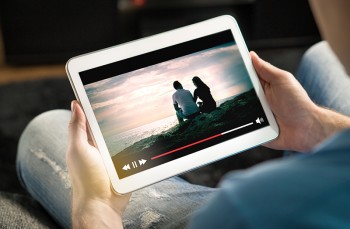Empty House Savings
By Hannah McKenzie
Q: It feels silly to pay for energy when I’m on vacation. Are there ways to keep my energy use as low as possible when I’m away from home?
A: Leaving home for vacation always entails a lengthy list: Who will pick up the mail? Did the trash get taken out? Are the dirty dishes and food put away? Adding a few more items to the list may feel like a burden, but can offer energy savings.
Thermostat
When departing, set your thermostat to the low 80s in the summer and low 60s in the winter. Programmable thermostats with 5- or 7-day settings allow you to program the HVAC system to gradually and affordably reach your preferred temperature before you return home. Smart thermostats that are controlled by an app can be pre-set or adjusted when you head home. A low-tech solution is having a neighbor adjust the thermostat a day before your return. Most HVAC systems are not designed to handle extreme temperature adjustments, so it may take 12 to 24 hours for the home to cost-effectively return to your preferred temperature. Also, the emergency heat on a heat pump should not be utilized to reheat your home because the electric heat strips will use far more energy than you saved by turning the heat down.
Windows
Ensure windows and exterior doors are latched. I often find children’s bedroom and kitchen windows unlatched. You may have closed the window after the burnt bacon smoke dissipated, but forgot to fasten the latch. Surprisingly, a lot of energy can be lost just from windows not being securely closed. Some people find that leaving blinds or drapes closed while on summer vacation keeps the interior temperatures more moderate and lowers energy bills as well.
Lights and fans
Turn off lights and fans. If you plan to leave a few interior lights turned on to deter intruders, use timer plugs and be sure to use CFL or LED bulbs. CFLs and LEDs use at least 75 percent less energy than incandescent bulbs and produce less heat.
Water heater
Tank water heaters can account for up to a quarter of a home’s energy use. Most of that energy is spent keeping the water in the tank hot rather than being used around the house. While on vacation, electric water heaters can be turned off at the circuit breaker panel. Gas water heaters can be turned to vacation mode or a lower temperature, but mark your current setting first. Consult the water heater manual when making temperature adjustments to ensure your safety. It will take several hours before hot water is available after returning the water heater to its usual setting. Controlling your water heater with a phone app is also possible if a smart controller is installed.
Electronics
Any electronic that is turned off, but still has a glowing light or digital clock is consuming energy. Consider disconnecting electronics from their power source so they are not able to draw energy while you are away. Priority should be given to DVRs, game consoles and any other electronic that is not Energy Star® certified.
-
Share this story:




